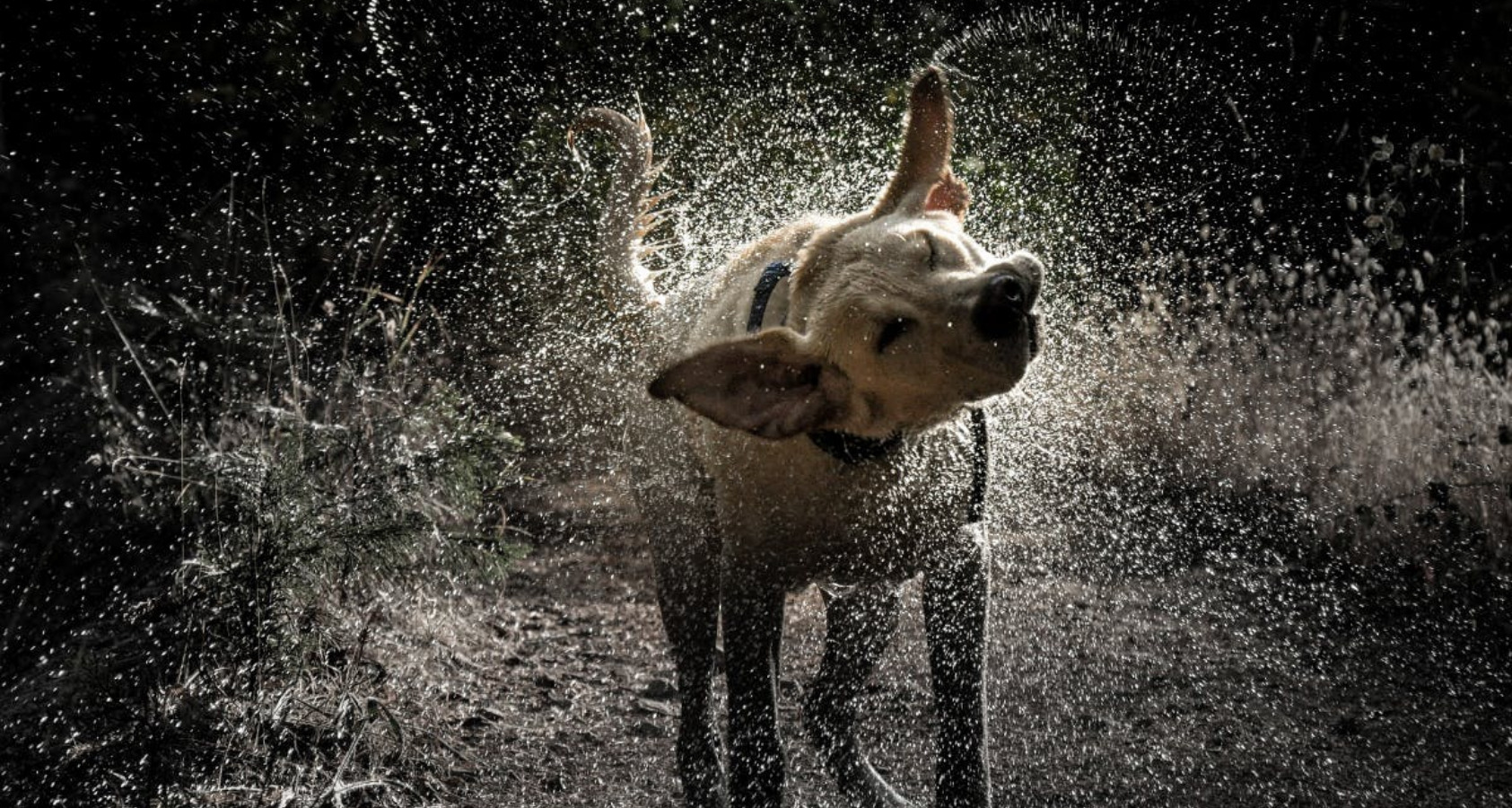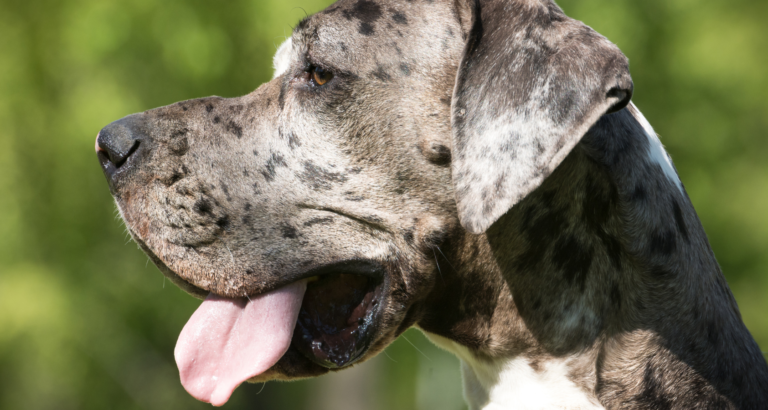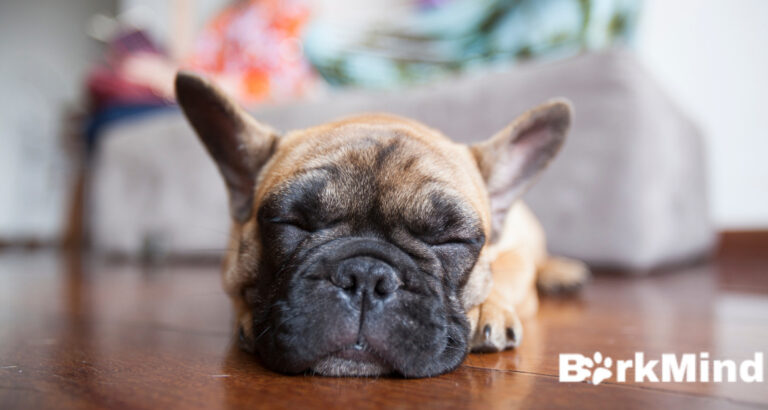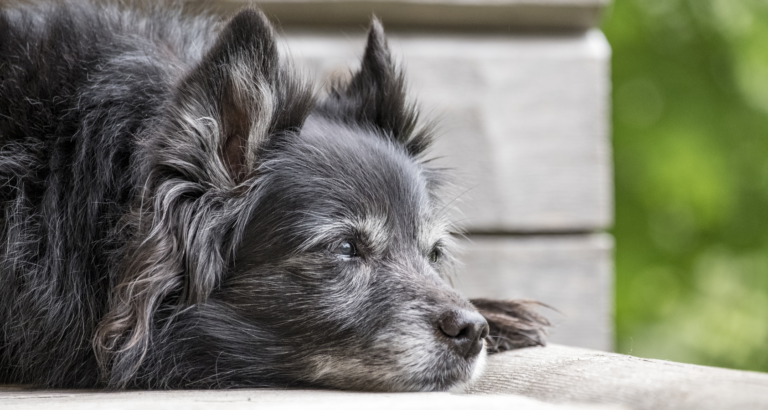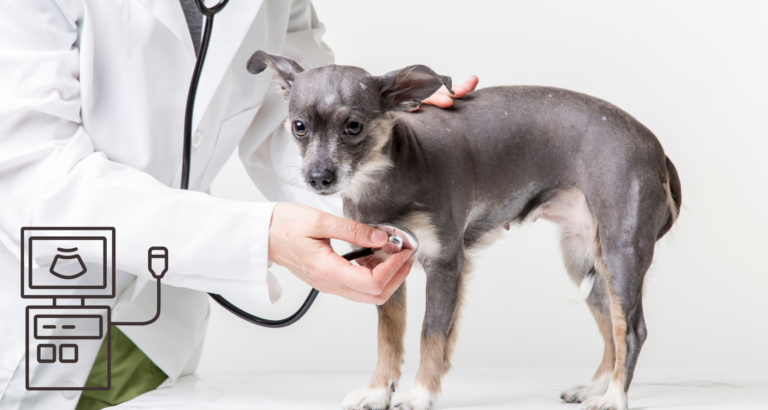My Dog is Shaking After Surgery: Is this Normal?
Last updated on March 21st, 2023 at 06:35 pm
Reading Time: 5 minutesThis post may contain affiliate links. If you click and buy we may make a commission, at no additional charge to you.
A Dog Shaking After Surgery: Is It Normal?
Taking our dogs in for operations can be nerve-racking for owners and scary for the dogs. We love our dogs dearly and want them to be healthy and safe! Sometimes, that requires standard operations and even emergency operations at a veterinary hospital. Veterinarians and veterinary technicians are excellent with our dogs while in their care. They always ensure their safety and well-being.
But what happens when we bring our dog home after having surgery? What should we expect? What is normal? After a dog’s surgery, something commonly seen is shaking, trembling, or shivering. Is this normal, and why does it happen?
Quick Answer:
Yes, it is most often perfectly normal for your dog to exhibit signs of shaking, shivering, or trembling after surgery. Dogs may shake after surgery because of the anesthesia used to put them under or because of nervousness and anxiety. Don’t worry- your dog is most likely not in any pain. Luckily, this shakiness or trembling seems to only happen for a short time. The after-effects of anesthesia wear off within 24-48 hours after surgery, and with some love and affection, your dog’s nervousness and anxiety will quickly subside.
Let’s dive in and learn more about this phenomenon and why it happens!
Anesthesia and shaking after surgery
There are several possible reasons your dog may be shaking or trembling after surgery. One of the most commonly cited reasons for shaking and trembling is anesthesia’s after-effects. Veterinarians use general anesthesia to put your dog into an entirely unconscious state. Your dog’s muscles will be completely relaxed, and they won’t be able to feel any pain at all. Then, your vet can perform the operation that is needed. However, anesthesia does come with some after-effects.
Other after-effects of anesthesia
Some of the other after- effects you might notice could include disorientation and increased vocalization. Disorientation might look like your dog looking lost, dazed, or confused. It also could present itself with your dog being unsteady on its feet. Increased vocalization is a fancier way of saying that your dog will have a lot to say! You may hear whimpering, growling, or yelping. Vocalization isn’t necessarily because your dog is in pain. Instead, it is simply an after-effect of the anesthesia.
As a side note, some dogs may simply have a flair for the dramatic and want to whine and fuss! (Looking at you huskies!) Reassure your dog and provide lots of love and comfort. Try to maintain a quiet environment and a normal routine to help put your dog at ease.
Nervousness and anxiety after surgery
Another possible reason your dog may be shaking or shivering after surgery is nervousness and anxiety. If you have ever undergone surgery yourself, you may remember how startling it can be to wake up from such a deep state of rest in an unfamiliar place with all those unfamiliar faces.
Shortly after awakening from the anesthesia, a nurse will talk to you and tell you how the surgery went, ask you how you are feeling, and help you feel more at ease and more comfortable overall. Unfortunately, dogs don’t get that same sense of understanding and realization that we get after surgery.
Veterinary techs are very loving and try their best to comfort dogs when they awaken from surgery, but they can’t exactly explain to your dog what is going on and why they feel loopy, tired, and maybe even a little sore. But some vet techs may try to explain it to your dog anyway!
How awesome would it be if our dogs could genuinely understand us?! Even though we try our best to comfort dogs after surgery, they may still be anxious or nervous when they awaken from anesthesia resulting in shaking and trembling in your dog.
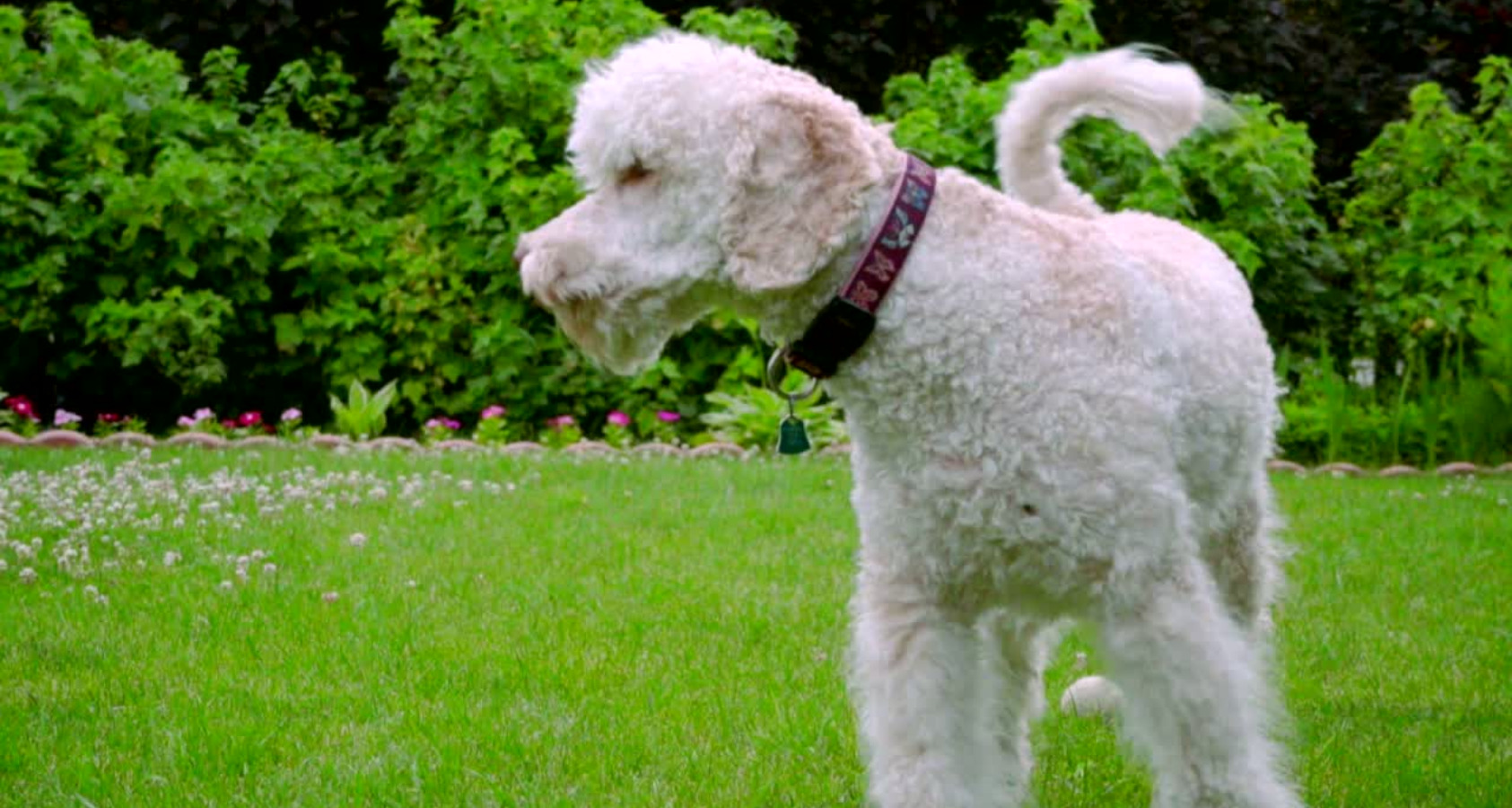
Lower body temperature after anesthesia
Another after-effect of anesthesia is that it can cause the body temperature to drop slightly. Anesthesia is known for inhibiting the body’s ability to regulate its temperature, which often results in a mildly decreased temperature. A reduced temperature can lead to your dog waking up with chills and experiencing slight shivering. If this happens, it typically only lasts a short while, a few hours at the most. Your vet techs will make sure your dog is warm and comfortable, and you should continue to do the same when you bring your dog home.
How Long Will My Dog’s Shaking or Trembling Last?
The after-effects of anesthesia usually wear off between 12 and 24 hours after surgery. Most of the after-effects will likely have dissipated by the time you pick your dog up. Regarding your dog’s possible nervousness or anxiety, once you get your fur baby home in a comfortable, quiet environment and provide lots of love and affection, your dog’s anxiety will surely disappear.
How Can I Help My Dog While it is Shaking or Trembling?
After surgery, be sure to follow any directions given by your vet for post-operation care. The best thing you can do is make sure your dog is warm, safe, and comfortable. Does he have a favorite stuffed toy? Bring it with you when you pick him up or have it ready at home! Is your dog a cuddle bug? Snuggle up with her on the floor for a bit and give her lots of pets! Or does your dog have a favorite spot or bed? Get your dog tucked into his favorite place in the house or favorite bed. These are all things that will help your dog feel safe and secure.
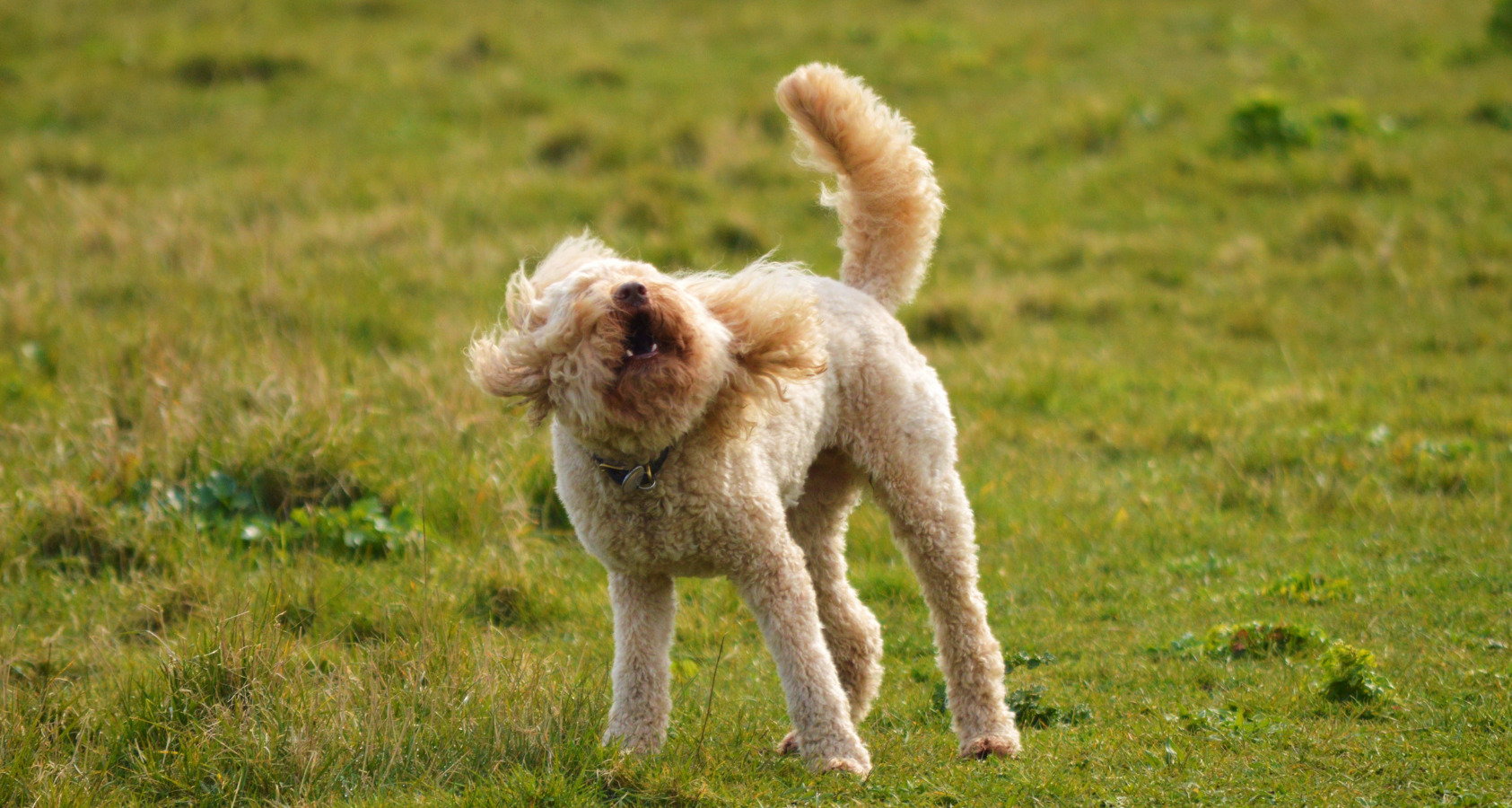
Conclusion
There are quite a few reasons your dog may be shaking after surgery. These include the after-effects of anesthesia that can simply cause shaking or even the lowered body temperature that results in shivering. Your dog may be trembling because it is a little nervous, anxious or confused. Most importantly, trust your gut! Follow your vet’s after-care instructions and call them if you have any concerns or if there are any signs of trouble.
References
https://midogguide.com/diseases/quick-answer-is-shaking-normal-for-dogs-after-surgery.html
https://askinglot.com/why-is-my-dog-shaking-after-surgery
About The Author
Mother, Certified animal Behaviorist who loves pets. Has two dogs and a cat. Trained veterinarian and loves to write about her experiences.

